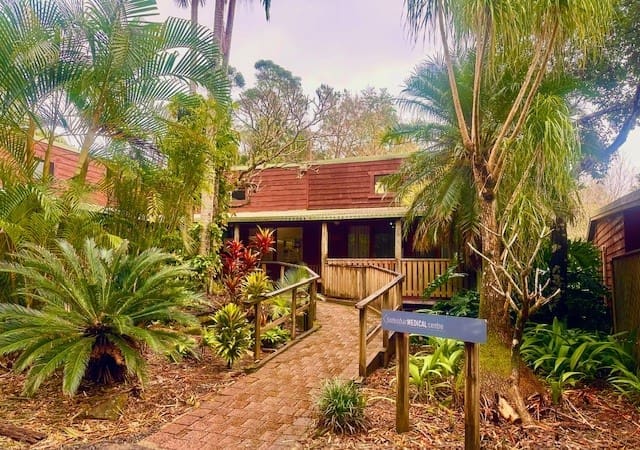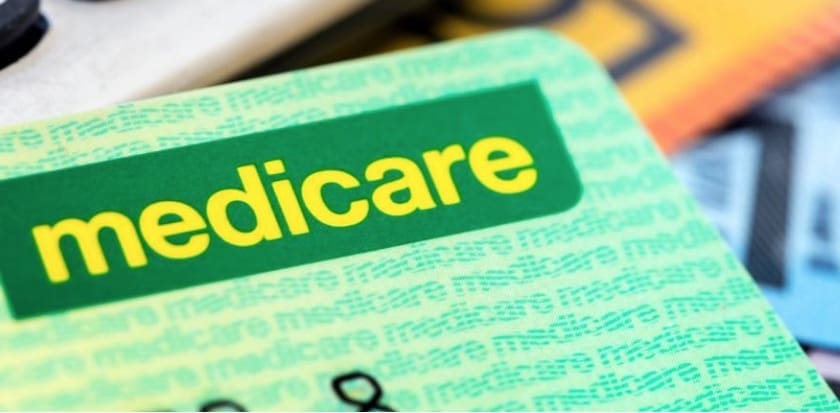Bulk billing is making a comeback with Tintenbar Medical Centre becoming the first local clinic in years to advertise GP visits without the credit card.
Practice Manager Amanda Hicks said the return of bulk billing was made possible by new federal incentives and increasing demand from across the Northern Rivers.
“There’s significant pent-up demand for a bulk-billing GP service in our area,” Ms Hicks said.
“We’ve had patients travelling from Ballina and Byron Shires, and even from as far away as Maclean and communities west of Lismore — some driving over 100km to see a doctor.”
The Tintenbar clinic currently has three GPs — two of whom are bulk billing — and is actively seeking another as the practice expands to open its books to new patients.
However, Ms Hicks said the local housing crisis is hampering recruitment efforts.
“Finding accommodation for a doctor and their family is incredibly difficult in this area. That’s now one of the biggest issues we’re facing in growing our service.”

Federal Investment Welcomed — But Not Without Challenges
Federal Member for Richmond Justine Elliot said the return of bulk billing to Ballina Shire showed the Albanese Government was delivering on campaign promises to make Medicare more accessible.
“The most important thing is that when people walk into Tintenbar Medical Centre, they only need their Medicare card – not their credit card,” Mrs Elliot said.
“Because of the government’s investment, more doctors are making the decision to fully bulk bill all their patients.
““This is fantastic news for our local community,” she said.
The federal government’s $8.5 billion Medicare package is expected to deliver 18 million more bulk-billed GP visits each year, along with new nursing scholarships and expanded GP training programs.
Despite this, internal analysis from the Department of Health reported in The Australian suggests that nearly a quarter of medical clinics may not opt into the new incentive scheme.
The 12.5 per cent financial incentive, split between practices and providers, may not be enough to attract clinics in all areas, particularly those facing higher operational costs or workforce shortages.
“There is a risk the incentive is not considered sufficient,” a departmental briefing warned, estimating around 23 per cent of clinics would remain outside the scheme. Some patients are still expected to face out-of-pocket fees.
A Step Forward for Regional Healthcare
Despite national concerns, the move by Tintenbar Medical Centre has been a relief for many local patients.
With cost often cited as a major barrier to accessing healthcare, the return of bulk billing in Ballina Shire is a significant step forward – particularly for pensioners, families, and people with chronic conditions in the region.
Ms Hicks said while the federal support has helped make bulk billing viable again, long-term success will depend on broader solutions.
“We want to keep growing and helping more people and clearly the need is there,” she said.
“But we also need support to address housing and recruitment challenges.
“Without that, services like this will not be sustainable.”



0 Comments